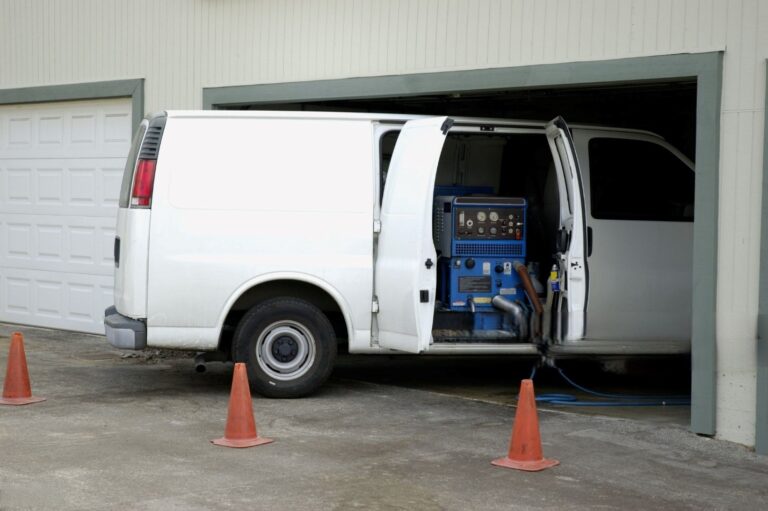What is a Moving Traffic Violation?
Have you ever wondered what counts as a moving traffic violation? It’s a common question, especially if you’re trying to make sense of traffic rules and how they apply when you’re actually driving. Let’s break it down in simple terms so you can stay informed and safe on the roads.
What Exactly Is a Moving Traffic Violation?
A moving traffic violation occurs whenever a law is broken by a vehicle in motion. This can include a wide range of offenses, from speeding and running a red light to more serious actions like reckless driving. Essentially, if you break a traffic law while your car is moving, that’s a moving traffic violation.
How Do Moving Violations Differ from Non-Moving Violations?
While moving violations happen when the car is in motion, non-moving violations are all about when the car is stationary. Think of parking in a no-parking zone or having expired vehicle registration. These violations don’t involve the motion of your vehicle but still break the rules set by your local or state government.
Why Should You Care About Moving Traffic Violations?
Moving violations are serious because they can lead to accidents, injuries, or worse. They also often result in points on your driving record, which can lead to higher insurance rates and even the loss of driving privileges if too many points are accumulated. That’s why it’s important to understand what these violations are and how to avoid them.
Where Can You Find More Information or Pay for a Moving Violation Ticket?
If you ever receive a ticket for a moving violation in New Jersey, you might be directed to handle it through an online system. This is where a resource like NJMCDIRECT becomes handy. Through www.njmcdirect.com, drivers can conveniently manage and pay their traffic tickets online without the need to visit the court. This site provides a fast, secure, and convenient way to address your moving violation fines.
What Can You Do to Avoid Moving Traffic Violations?
The best way to avoid moving traffic violations is to stay informed about traffic laws and be attentive while driving. Always follow speed limits, obey traffic signals, and be cautious of road signs and markings. Driving defensively by being aware of other drivers and anticipating potential road hazards is also crucial.
How Can Understanding Traffic Laws Benefit You?
Understanding and following traffic laws doesn’t just prevent tickets—it also keeps you and others safe on the road. Knowing the rules can help you navigate complex driving situations, reduce stress, and contribute to a safer driving environment for everyone.
What Happens If You Ignore a Moving Traffic Violation?
Ignoring a moving traffic violation can lead to more serious consequences than you might expect. Here’s what could happen if you decide to not pay attention to a traffic ticket:
- Increased Fines and Penalties: Ignoring a ticket typically results in additional fees and sometimes even a warrant for your arrest.
- License Suspension: Accumulating too many violations, or ignoring them, can lead to your driving license being suspended.
- Impact on Credit Score: Unpaid fines can be sent to collections, which might negatively affect your credit score.
It’s crucial to handle traffic tickets promptly to avoid these complications. If you’re unsure about the process, the www njmcdirect com ticket payment online system offers a streamlined way to manage and resolve tickets efficiently.
How Can You Dispute a Moving Traffic Violation?
If you believe you’ve received a moving traffic violation in error, you have the right to dispute it. Here’s a basic guideline on how to approach this situation:
- Review the Ticket: Make sure all the information is accurate and note any discrepancies.
- Gather Evidence: Collect any evidence that supports your case, such as dashcam videos, witness statements, or photos from the scene.
- Request a Court Hearing: File for a hearing and prepare to present your case, possibly with the help of a lawyer.
Disputing a ticket can be a daunting process, but it’s important if you believe you’ve been wrongfully accused. Resources like NJMCDIRECT provide information on how to proceed with disputes and hearings.
What Are Some Tips for Safe Driving to Avoid Moving Violations?
To help you steer clear of moving violations and enhance your driving habits, here are some practical tips:
- Stay Focused: Avoid distractions like texting, eating, or using a phone while driving.
- Adhere to Speed Limits: Always observe speed limits and adjust your speed according to road conditions.
- Use Turn Signals: Always signal your intentions to other drivers when turning or changing lanes.
- Keep a Safe Distance: Maintain a safe following distance from the vehicle in front of you to avoid sudden stops.
- Be Cautious at Intersections: Intersections are hotspots for moving violations; always look out for signals and right of way.
Following these tips not only helps avoid moving violations but also contributes to a safer driving environment for everyone on the road. Remember, understanding and respecting traffic laws plays a crucial role in your safety and the safety of others around you.
Moving traffic violations are more than just legal issues; they are matters of safety. Whether you’re a seasoned driver or a newcomer to the roads, staying informed helps keep our roads safe. Remember, resources like www njmcdirect com ticket payment online are there to assist you in managing any issues that arise, ensuring that dealing with traffic tickets can be as hassle-free as possible.
FAQs About Moving Traffic Violations:
Can a moving violation affect my insurance rates?
Yes, moving violations can lead to higher insurance premiums.
Are there demerit points for all moving violations?
Yes, most moving violations result in demerit points on your driving record.
Can I attend traffic school to reduce points?
In many places, attending traffic school can help reduce points from your record.



